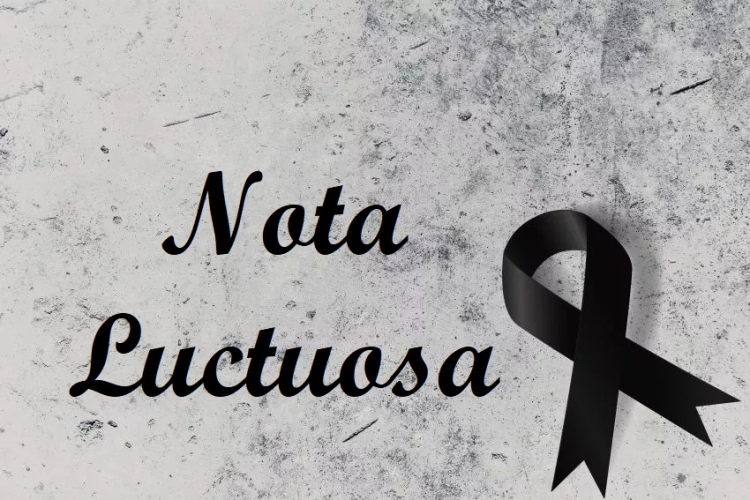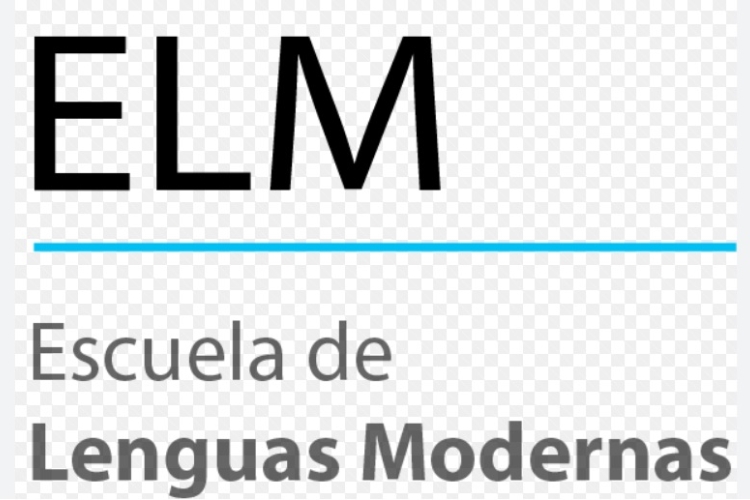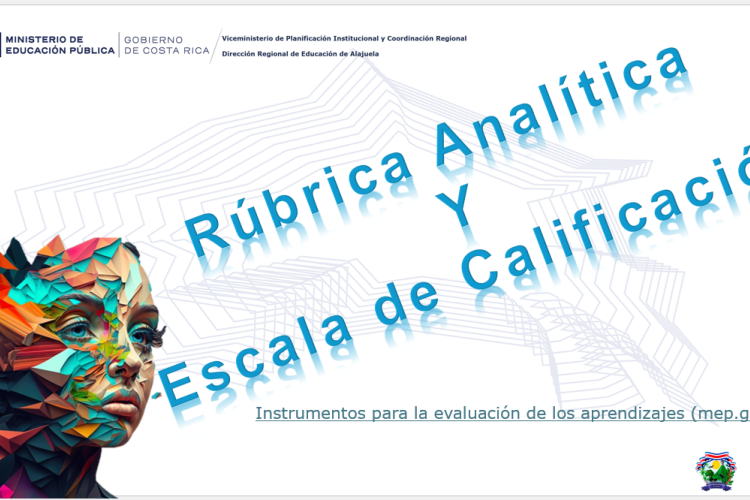Teacher´s Guide Sixth Grade
These are the Teacher´s Guides for Sixth Grade, which are intended to provide English teachers with the guidelines on how to develop effectively the knowledge, skills, abilities and competences set in the new English syllabus. There is a teacher´s guide for each unit:
Unit 1, Scenario: Costa Rican Heroes
Unit 2, Scenario: Staying Safe in a Digital World
Unit 3, Scenario: Environmentally Speaking
Unit 4, Scenario: Rainforest Rescue
Unit 5, Scenario: Let´s Party
The units offer a variety of activities for each phase of the lesson plan for teachers to select those that are appropriate for achieving the learning goals.
Remember that, as teachers, we have to adapt and contextualize the suggested activities in the pedagogical mediation column of the template, in order to respond to the needs and context of our students and the reality of the educational community.
The units include all the steps that should be followed in the pedagogical mediation which are:
A. Assessment Strategies and Evidences of Learning: Each goal has a specific assessment indicator for each linguistic competence that requires the elaboration of assessment instruments. Sample models of rubrics are provided
B. Goals: Each lesson has specific and clear learning goals connected to a domain, scenario, theme and language function.
C. Pedagogical Mediation/ Didactic Sequence: subdivided in the following stages;
- Pre-Teaching: (Warm-up, Activation of Prior Knowledge, Modeling, Clarifying)
- Pre-task: Introductory activity for activation of students’ prior knowledge to carry out a specific task connected to a goal. It places emphasis on the linguistic, cognitive resources needed by the leaner.
- Task rehearsal: Class work where students practice the language in a meaningful way for successful task completion.
- Task completion: A task that learners perform to demonstrate that the goal has been successfully achieved.
- Task assessment: An activity for self and/or peer assessment and teacher feedback and/ or repair in relation to the achievement of a goal. Evaluation tools to evaluate performance tasks, of what students know and can do.
D. Time: Each phase of the didactic sequence includes a suggestion for the time that may be needed.
E. Integrated Mini-project: The project is a creative opportunity for students to integrate knowledge, abilities and skills.
F. Reflective Teaching: Suggestions for you to assess your own progress in teaching the material.
G. Enduring Understanding Reflection: Space to record how students grasped new understandings and ideas in connection with the essential question of the unit.
| Adjunto | Tamaño |
|---|---|
| 6th Grade-Unit 1 "Costa Rican Heroes"(with competences) (3.45 MB) | 3.45 MB |
| 6th Grade-Unit 2 "Staying Safe in a Digital World"(with competences) (6.92 MB) | 6.92 MB |
| 6th Grade-Unit 3 "Environmentally Speaking"(with competences) (71.26 MB) | 71.26 MB |
| 6th Grade-Unit 4 "Rainforest rescue"(with competences) (12.83 MB) | 12.83 MB |
| 6th Grade-Unit 5 "Let´s Party"(with competences) (16.47 MB) | 16.47 MB |








